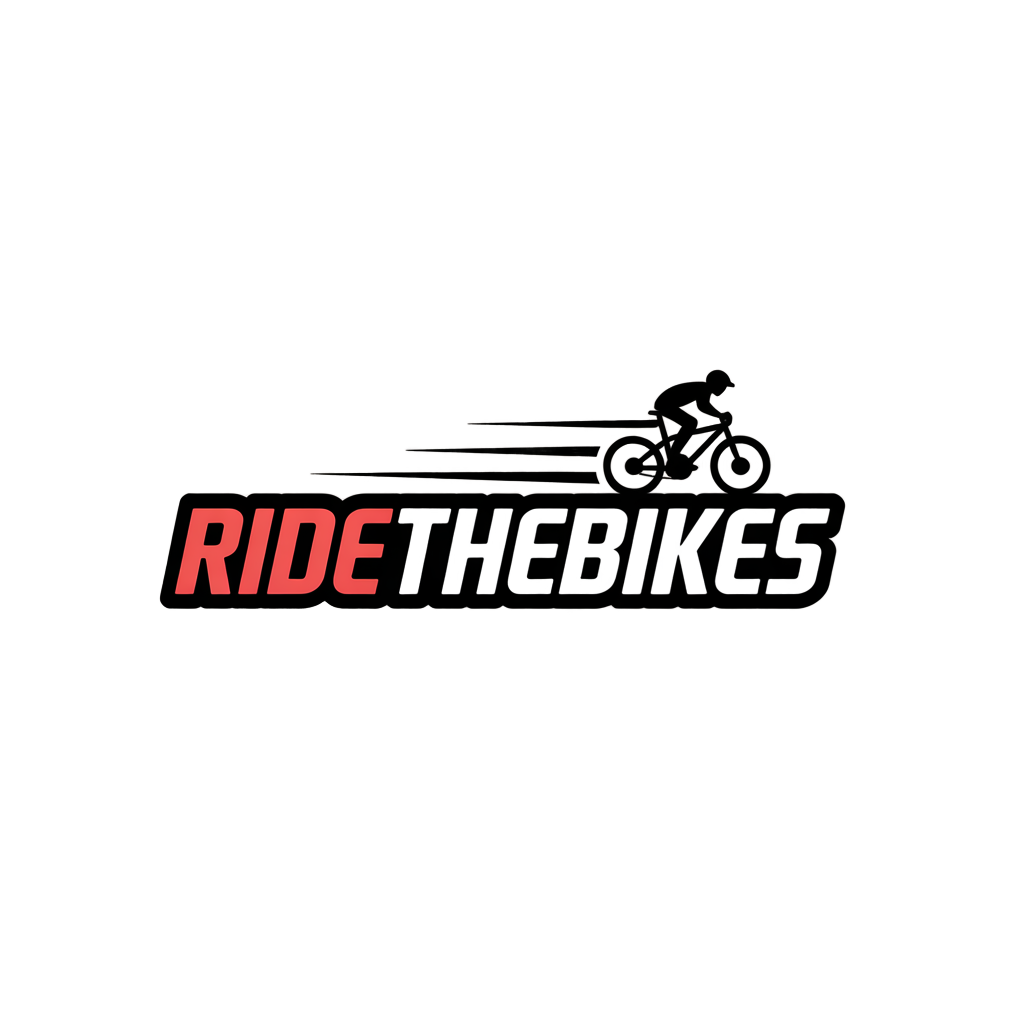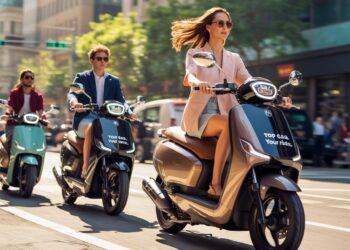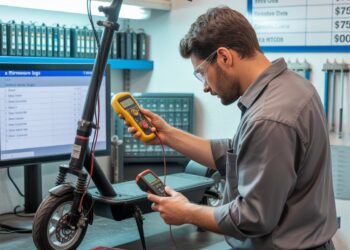Stepping into the world of two-wheelers for the first time? Choosing the right scooter can make or break your riding experience. That’s where the Best 150cc Scooters for New Riders come in—not just as vehicles, but as trusted stepping stones to independence, adventure, and practical city life.
Unlike random top-10 lists, this guide is not a copy-paste. It’s a deep dive built specifically for people like you: the first-time rider who wants confidence, comfort, performance, and most importantly, safety.
Why 150cc Is the Perfect Starting Point
Let’s break the engine capacity myth. Some think bigger is better. Others say small is safer. But in reality, 150cc is the golden middle ground—enough power to get going, not so much that it gets overwhelming.
Here’s what makes 150cc scooters a beginner’s dream:
Ideal Power-to-Weight Ratio
150cc scooters provide moderate acceleration and responsive power without jerks or intimidation. They handle traffic, flyovers, and moderate highway cruising with ease.
Automatic CVT Transmission
Gear shifting? Not your problem. CVT means the scooter adjusts power seamlessly—so new riders can focus on steering, braking, and navigating traffic.
Fuel Efficient Yet Punchy
Most 150cc scooters give 45–60 km/l. They’re thrifty at the pump but responsive at the throttle—exactly what you need as a beginner managing both costs and control.
What Actually Makes a 150cc Scooters Beginner-Friendly?
This is where most blogs fail—they list features without context. So here’s a human-first breakdown of what makes the Best 150cc Scooters for New Riders truly beginner-worthy:
Seat Height Matters
You must be able to flat-foot on the ground when stopped. A high seat may feel sporty, but it’s risky for short riders and first-timers.
Light Handling, Not Just Low Weight
Some scooters are light but feel wobbly. You want a scooter that’s balanced, predictable, and doesn’t fight you on turns.
Braking Safety
Go for scooters with front disc brakes and ABS or CBS. You don’t want surprises on wet roads or downhill slopes.
Storage Practicality
Beginners often don’t realize how useful under-seat storage is—groceries, helmets, books, chargers, tools—especially for daily commuting.
Real-Life Situations New Riders Face
This isn’t just tech specs and marketing talk. Let’s imagine real-world scenes:
- You’re stuck in bumper-to-bumper traffic. Your hands ache. You need a scooter with an ergonomic grip and good low-speed balance.
- It starts raining. You brake. No ABS? You skid.
- You misjudge a sharp turn. A good scooter forgives small errors; a bad one doesn’t.
- You forget to fill fuel. Some scooters have low fuel alerts, others don’t.
All of this is why choosing from the Best 150cc Scooters for New Riders matters—it’s about real lives, not just machines.
Deep Dive: 6 Scooters That Truly Stand Out
Here’s not just a list—but a context-rich breakdown of what makes each scooter ideal for you as a beginner.
1. Honda PCX 150 – King of Balance
Engine: 149cc, liquid-cooled
Mileage: 100+ mpg
Seat Height: 30.1 inches
Why It’s Beginner Gold:
- Smooth power delivery means no lurching when you accelerate.
- Low center of gravity = incredible stability, even at low speeds.
- Vast under-seat storage = helmet, raincoat, toolkit, no problem.
Hidden Gem: The idling stop system saves fuel in traffic.
2. Yamaha Aerox 155 – Sporty Yet Forgiving
Engine: 155cc with VVA tech
Suspension: Telescopic front fork
Extras: Bluetooth & digital console
Why It Works for Starters:
- Wide tires mean more road grip, especially helpful when cornering.
- Lightweight chassis helps with handling even if you’ve never ridden before.
- Smart features like phone notifications don’t overwhelm—they empower.
Tip: Start in “Normal” mode. Eco/Sport can wait.
3. Vespa VXL 150 – Retro with Reliable Guts
Engine: 149cc
Top Speed: ~95 km/h
Build: All-metal frame
Why Newbies Love It:
- Sturdy and shock-absorbing; potholes won’t throw you off.
- Classic design with modern mechanics = confidence + style.
- Low vibration engine gives a soothing ride.
Beware: Premium pricing, but long-term value and low maintenance.
4. Suzuki Burgman Street 150 – Maxi-Scooter Comfort
Engine: 149cc
Seating: Wide, with back support
Charging: In-built USB port
Why It’s a Commuter’s Dream:
- Footboard + spacious seat = ideal for daily comfort.
- Tall windshield = better wind protection.
- Bright LED headlamps help you ride confidently at night.
Good For: Daily office rides, student use, light touring.
5. TVS Ntorq 150 Concept – Smart & Punchy
Note: Currently in concept, expected to evolve from 125cc to 150cc
Why We’re Watching This One:
- Ntorq’s DNA already includes navigation assist, G-force meter, and voice alerts.
- With a 150cc engine, it’ll be the techie’s first dream ride.
- It’s smart, sleek, and surprisingly beginner-friendly with its ride modes.
Pro Tip: Practice U-turns with its sharp radius before hitting traffic.
6. Kymco Like 150i ABS – European Touch, Asian Reliability
Engine: 149.8cc
Safety: Dual-channel ABS
Special: Chrome accents + 2-year warranty
Why It’s Underrated Perfection:
- Premium finish at a mid-tier price.
- Responsive throttle with gentle pickup—perfect for new hands.
- Anti-theft ignition switch and USB port built-in.
Downside? Availability limited in some regions.
Mistakes That Destroy Confidence (And How to Avoid Them)
Even the Best 150cc Scooters for New Riders won’t protect you from beginner mistakes unless you learn fast:
Ignoring Rider Position
Sit straight. Avoid leaning too far forward or back. Your posture affects your balance.
Overconfidence in Wet Conditions
150cc scooters can be stable, but puddles and oil patches need extra caution. Brake early, not hard.
Skipping the Break-In Period
New scooter? Ride gently for the first 500–700 km. It shapes your engine’s future.
Not Doing a Pre-Ride Check
Tires, brakes, horn, lights—check them all. Every time.
Maintenance 101: New Rider Edition
You bought a 150cc scooters. Now what?
- Engine Oil: Replace every 1200–1500 km. Use brand-recommended oil.
- Battery: Check voltage monthly. Keep terminals corrosion-free.
- Tires: Maintain correct PSI. Uneven wear = poor grip.
- Belt Drive: Every 10,000–12,000 km, inspect or replace.
- Check Bolts: Especially mirrors, stands, and number plates—vibrations loosen them.
Don’t rely solely on service centers—learn the basics yourself. You’ll save money and build trust with your machine.
Final Thoughts: Choose with Confidence
Buying your first two-wheeler is a personal milestone. It’s not about horsepower; it’s about the freedom to move, the courage to explore, and the comfort of control.
The Best 150cc Scooters for New Riders are not just efficient and stylish—they’re built with beginners in mind. They understand your fears, encourage your growth, and evolve with your skills.
So go test ride, ask questions, look beyond the brochure—and when you finally ride away, know that you’ve chosen not just a machine, but a companion for your new road life.









